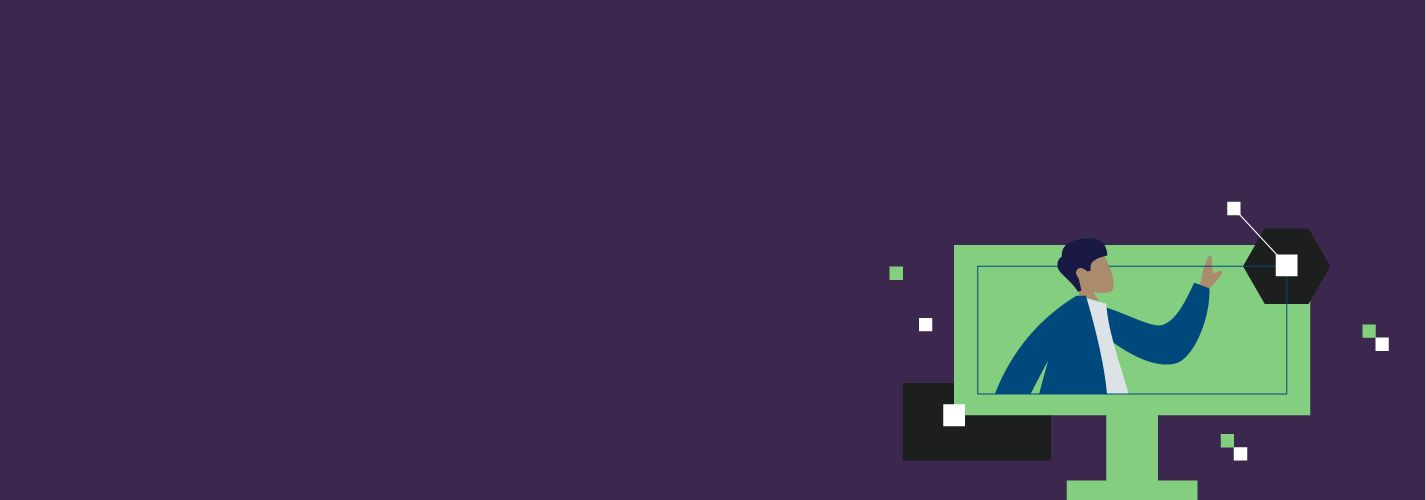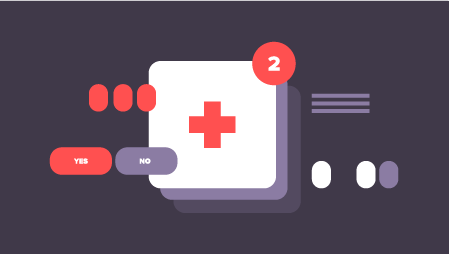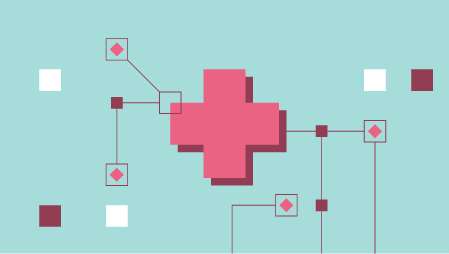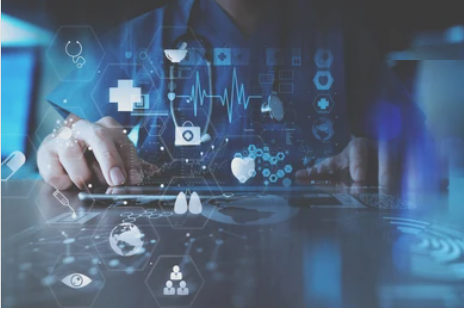The Internet of Things (IoT) has transformed entire industries in the 21st century, but it still has a long way to go in the field of health informatics. We are witnessing minor improvements already, but the healthcare system is yet to benefit from the incredible potential of interconnected smart devices.
What are the most important impacts of IoT on health informatics? How does it improve the work of medical staff and make patients’ experiences more comfortable? What can we expect to see in the years to come?
We will answer these and many other questions in the following paragraphs, so keep reading to learn all you need to know about the changes IoT is bringing to health informatics.
Health Informatics and IoT Explained
A lot of people are not really sure about the true meaning of the two concepts, so we need to define IoT and health informatics before moving on to practical use-cases.
Wikipedia defines health informatics as information engineering applied to the field of healthcare, essentially the management and use of patient healthcare information. The concept is also known as medical informatics and clinical informatics.
On the other hand, IoT can be described as an extension of the Internet and other network connections to different sensors and devices — or “things” — affording even simple objects, such as lightbulbs, locks, and vents, a higher degree of computing and analytical capabilities.
When paired, IoT and medical informatics can drastically improve healthcare systems. This is exactly why the global Internet of Medical Things market is expected to grow by 400% and reach $158 billion by 2022.
Employment reports reveal the same trend as healthcare information systems have seen a 22% job growth in 10 years. The impact of IoT on health informatics is obviously huge, but how does it function in practice? We will explain it in the next chapter.
6 Ways IoT is Boosting Medical Informatics
The potential of IoT in medical informatics is close to infinite, but we need to narrow down our focus and concentrate on fundamental aspects of the process. Here are the six most influential ways IoT contributes to health informatics.
1. Electronic health records
Traditional healthcare systems are still drowning in the ocean of patients’ medical records. In such systems, it is extremely difficult to collect, administer, handle, exchange, and obtain relevant information quickly and efficiently.
It’s like having a group of essay writers working on a joint project at custom essay service, who need to send physical copies of their writing back and forth to each other. That is pretty much how old medical systems used to function.
This is why electronic health records play such a major role in modern medicine. Using a network of IoT devices, hospitals can simplify data collection and enable healthcare professionals to access patients’ records within seconds.
Although the technology is pretty straightforward, it still has a long way to go as only 1.5% of U.S. hospitals currently have a comprehensive electronic records system.
2. Improved diagnostics
IoT significantly improves the critical aspect of healthcare and that is the diagnostics. Smart devices are able to accumulate and process patient-related information much faster than real doctors, which makes them capable of suggesting the right diagnosis almost instantly.
For example, IoT devices can help doctors make the right decisions and prescribe the best treatment, like if they had a custom essay help. This type of IoT is based on Artificial Intelligence and studies already prove that AI is more accurate than doctors in diagnosing breast cancer from mammograms.
3. Patient self-monitoring
A lot of patients get stuck in hospitals because they need constant supervision and monitoring. With wearable IoT platforms, this problem might as well become obsolete. How come?
The point is that smart wearables can track users’ health conditions and keep them and their medical advisors informed about possible threats in real-time. The simplest example comes in the form of smartwatches that can track your heart rate. It’s a superior tool for persons suffering from arrhythmia because they can keep an eye on the heart rate and react quickly if something unusual starts happening.
4. Remote exams and controls
Do you really need to be physically present in order to complete an exam? With IoT technology, the answer is clearly “No.”
Jake Gardner, an IT blogger at top essay writing service, explains that smart devices and communication platforms help doctors keep in touch with patients remotely: “A person with a broken leg can now exercise at home, while their therapists can use motion control to track movements and make corrections on the go.”
5. Simpler drug management
If you have to take dozens of pills every day, you are likely to forget something and jeopardize the recovery process. Once again, IoT gadgets can step in to help you out through time-tracking and notifications.
But the tool goes well beyond simple drug management as it can also show real-time parameters to doctors and send timely notifications in emergency situations. In other words, IoT will soon take the doctor-patient communication to the whole new level.
6. Making system-level improvements
Finally, the purpose of interconnected devices is also to gather information on a system level and help decision-makers come up with more accurate and insightful solutions. It is only a matter of time before the entire healthcare industry gets fully reliant on IoT to bring strategic decisions and predict new trends. As a result, IoT will have a major and long-term impact on health informatics.
The Bottom Line
IoT is not a brand new tech concept, but it is still evolving and winning over all kinds of industries worldwide. Health informatics is also embracing the benefits of IoT, so we can expect the field to flourish in the next few years. In this post, we explained to you:
- The concepts of IoT and health informatics
- Basic stats and facts about the Internet of Medical Things
- 6 ways IoT contributes to health informatics
These are not the only advantages of using IoT in healthcare data management, but they are the most important. Which one do you find to be the most interesting?






IoT provides immense opportunities for Industries to embrace Industry 4.0 by connecting remote devices, analyzing data points, monitoring & predicting behaviour remotely and in a few cases even to control the devices/machines says, https://www.hakunamatatatech.com/our-services/Iot-app-development